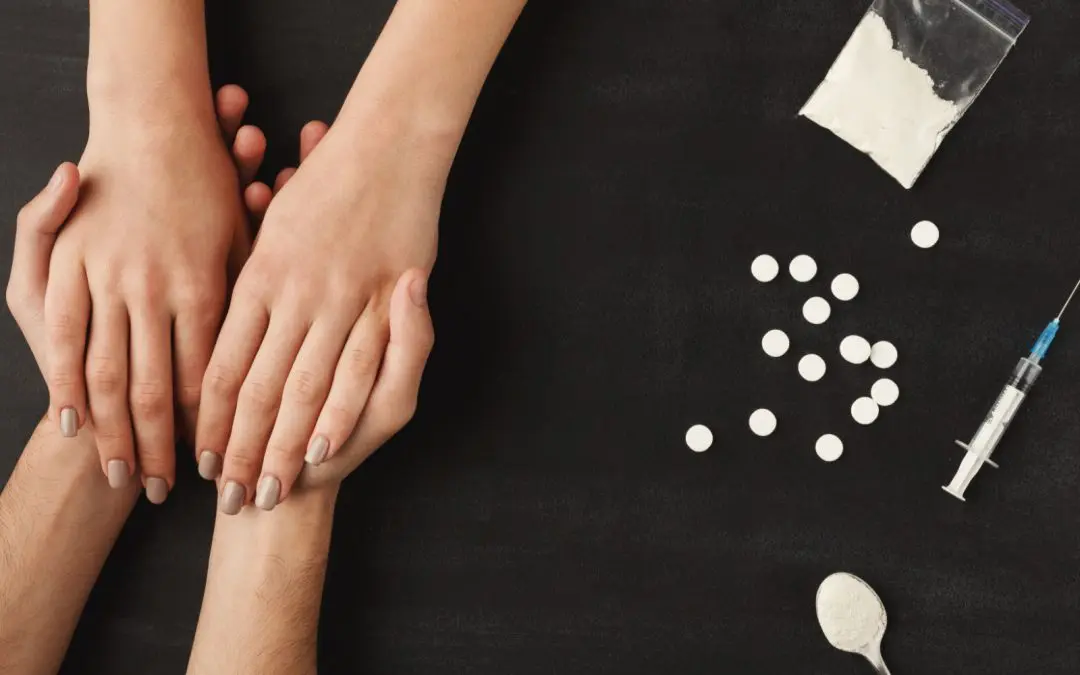24/7 Helpline:
(866) 899-221924/7 Helpline:
(866) 899-2219
Learn more about Depression Treatment centers in Mardela Springs
Depression Treatment in Other Cities

Other Insurance Options

Health Choice

BHS | Behavioral Health Systems

Ambetter

Kaiser Permanente

Magellan Health

Covered California

Meritain

Aetna

Anthem

ComPsych

Self-pay options

BlueCross

State Farm

Access to Recovery (ATR) Voucher

Optima

United Health Care

Lucent

WellCare Health Plans

Multiplan

BlueShield










Maple Shade Mental Health Clinic
Maple Shade Mental Health Clinic is a private rehab located in Mardela Springs, Maryland. Maple Shad...





